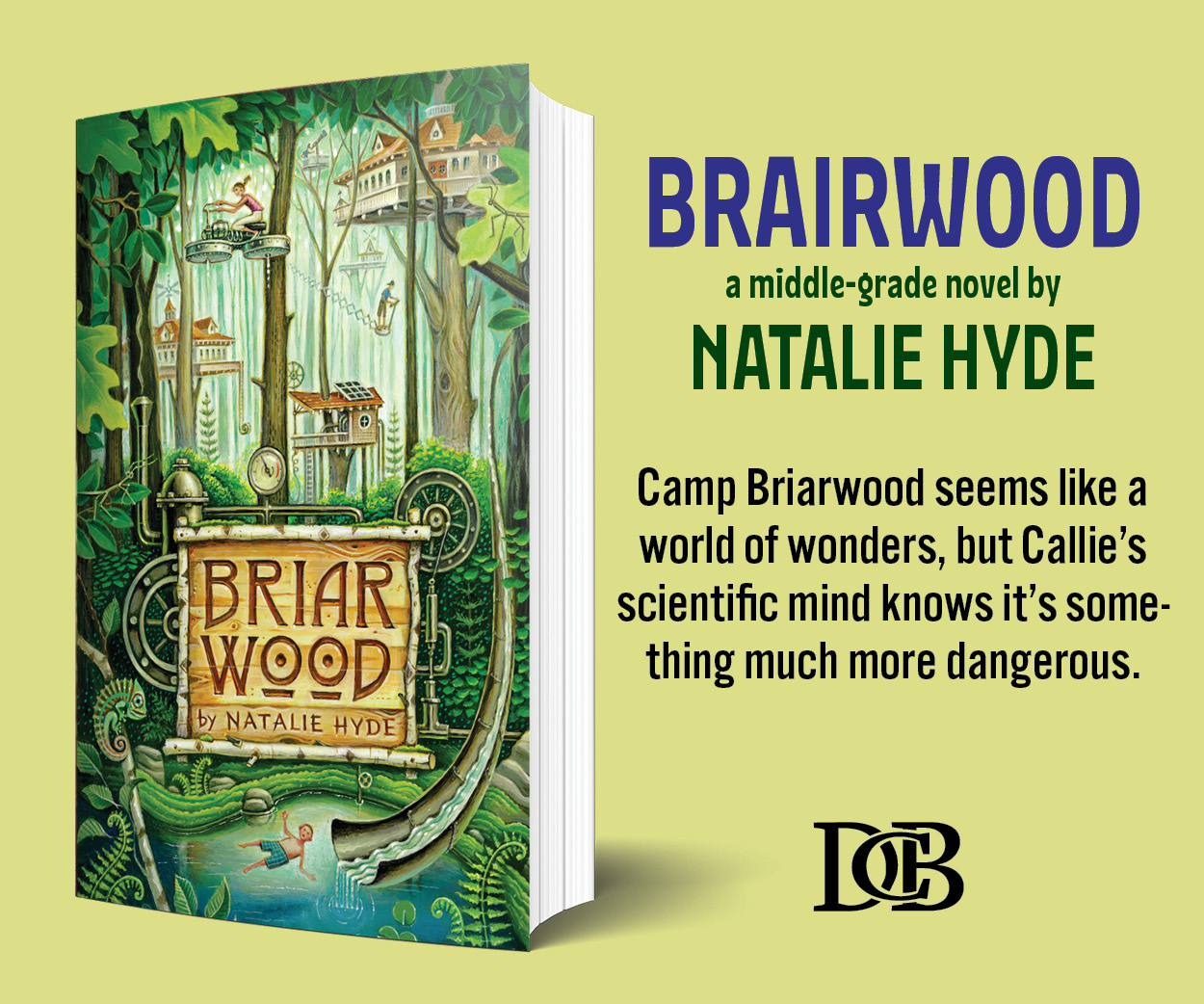Lollipops
By Irina Kovalyova
Last Saturday, on a beautiful, cloudy morning in Vancouver, I went for a run on the Seawall. It was no ordinary run, mind you, but day 20 of my 16-week marathon-training schedule. I was to run 14 miles: the longest distance I’ve run in my life.
What possessed me to train for a marathon? Who can tell? But perhaps the fact that my debut collection of short stories (Specimen) will be released on June 6 had something to do with it.
Anyway.
I confess to disliking running when I was in high school because our track and field coach had tricked me into thinking that I was pretty good at it. “Ever since Maria was injured,” he’d told me, referring to a star athlete who had busted her knee, “we’ve lost every race. But people step up to challenges around here, and you’re the best we’ve got.”
I agreed to help him out for two reasons: 1) he was a nice man with a sad-looking moustache and 2) some people doubted that I could do it because I had short legs.
Thereafter, for two years, I ran hundreds of races for our track-and-field team. I ran in the stadiums. I ran in the forests. And I ran in the streets. I ran in the dead of winter, in the heat of summer, and in torrential rain. Once, I even ran on a broad boulevard in the middle of a cracking thunderstorm. Crack!
But back then I never really enjoyed long-distance running because physically it was very tough. After every race, I was dog-tired, thigh-burned, and out of breath.
Twenty years later, I re-discovered the joy of running as a way to decompress. Running not only calmed me down, but also allowed me to compartmentalize my life. Most exciting of all, running shook out ideas from my subconscious. I began to write.
Fast-forward to May 3, 2015. It’s the day of Canada’s most scenic urban marathon, the BMO Vancouver . I wake up early as usual and look outside. I see an elite runner from Kenya coming around the corner of Georgia Street. It’s the 41st km of the race and she zooms past my building at a phenomenal speed. I realize that even if I had a motor scooter, I wouldn’t be able to catch up to her.
I feel so inspired that the same day I download the Runner’s World First Timer Marathon Training Guide. It is clear to me from the first sentence that training for a marathon and writing are basically the same thing.
Your CanLit News
Subscribe to Open Book’s newsletter to get local book events, literary content, writing tips, and more in your inbox
Let me explain.
Among the rules of marathon training are:
1. Build slowly.
Writing is like that too. You’ve got to build your writing strength slowly, but you’ve got to write every day.
Maybe Stephen King writes 1000 words a day, but most of us are not Stephen King. So, start with 400 words every morning and see where these words take you.
2. Upgrade your shoes.
That’s right. Writers need good language skills to produce high quality writing just like runners need good running shoes to run well.
Acquire a book on writing. Brush up on your grammar, and on your syntax as well. Sentence structure matters because humans are neurologically wired to understand linear strings of words. Stephen Pinker says so. He is the Johnstone Family Professor in the Department of Psychology at Harvard, and he’s written a wonderful book about it.
Also, enrich your vocabulary. Maybe solve a crossword puzzle on your coffee break.
3. Go long.
Aha! When you have a good idea, you must forget all about the pace. Focus on covering the mileage. Keep going! Finish the race!
4. Practice eating on the run.
That’s a strange one. How can one run and chew? Then again, when I write I get terribly hungry. It makes sense to me. Your brain needs 160 g of sugar per day to keep your body going. So, get a bunch of lollipops.
5. Listen to your body.
Always do that. Otherwise, all goes sideways.
If you don’t feel up to writing, don’t force it. It never works.
Take days off when you don’t pound the pavement, or the keys on your keyboard. Rest and recuperate. Mull things over. Maybe take a long nap.
Well.
It’s a beautiful, cloudy Saturday in Vancouver and I’m off to run 14 miles. The first 2 miles I feel fantastic, and I’m sure I look terrific, like that muscular runner from Kenya looked.
Like the first page of a writing project, everything is nice and smooth. Yahoo!!!
But when I hit the fourth mile, things get tough in a hurry. Somebody help me! Please!
But there’s no one to help me. There’s just me, the Seawall, and my new shoes.
What am I to do?
It is simple.
I’ve got to keep going. Quitting is not an option. I remember rule # 3 and go long!
Real writers don’t quit. They keep writing. And they always finish the race.
Like the marathon runners, I tell myself often, real writers have disciplined minds. They write in the dead of winter, in the heat of summer, and in the middle of cracking thunderstorms besides.
When Open Book asked me to be their Writer-in-Residence for the month of June, my first thought was that maybe another writer, the one they really wanted, could no longer do it because she busted her knee. My second thought was that I’ve never blogged in my life. Not a word, not a sentence, to say nothing of a whole paragraph. Then I thought, So what of it? I’d run with it anyway. Because if I don’t start the race I know what happens. And I don’t accept that. And that thought, along with the lollipops, keeps me going. It helps me to write every day.
The views expressed in the Writer-in-Residence blogs are those held by the authors and do not necessarily reflect the views of Open Book: Toronto.
The views expressed in the Writer-in-Residence blogs are those held by the authors and do not necessarily reflect the views of Open Book.
Irina Kovalyova has a Master’s degree in Chemistry from Brown University, a doctoral degree in Microbiology from Queen’s University, and an MFA in Creative Writing from UBC. She is currently a Senior Lecturer in the Department of Molecular Biology and Biochemistry at Simon Fraser University. She has previously interned for NASA and worked for two years as a forensic analyst in New York City. She was born in Russia and currently lives in Vancouver.


